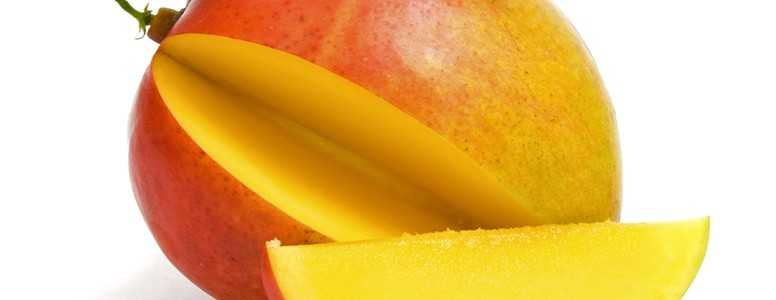Mangoes could have some positive benefits towards preventing obesity and type 2 diabetes, new research has claimed.
However, readers should note that mango has a relatively high sugar content and whilst the research appears to show benefits in mice, studies will be required to see whether the effects apply to humans.
The researchers from Oklahoma State University demonstrated that eating the fruit halted the loss of beneficial gut bacteria and therefore prevented an imbalance of gut bacteria known as dysbiosis.
Researchers say this is important because bacteria in the intestinal tract play a significant role in obesity and obesity-related complications, including type 2 diabetes.
Professor Edralin Lucas, professor of nutritional sciences at Oklahoma State University stated: “Fibre and other bioactive compounds in plant-based foods are suggested to prevent gut dysbiosis caused by a high-fat diet. Mango is a good source of fibre and has been reported in previous studies to have anti-obesogenic, hypoglycemic and immunomodulatory properties.
“The results of this animal study showed that adding mango to the diet may help maintain and regulate gut health and levels of beneficial bacteria levels. Further research is necessary to see if these study results can be replicated in humans.”
In the research, which was partly supported by the US National Mango Board, 60 male mice were assigned to one of four dietary treatment groups for 12 weeks.
This included a control group where 10 per cent of calories consumed were from fat, a high-fat group where 60 per cent of calories were from fat, or a high-fat diet where one or 10 per cent of it was mango. All high-fat diets had similar macronutrient, calcium, phosphorus, and fibre content.
When samples were compared from the beginning to the end of the research, those supplemented by the fruit lost the least beneficial gut bacteria often induced by a high-fat diet.
The tropical fruit has over 20 different vitamins and minerals and provides a good source of fibre. While it has been well-documented that compounds in mango exhibit anti-inflammatory activities and that fibre aids digestion, the effects of mango on the gut microbiota have not previously been investigated.
As stated, mango has a relatively high sugar content therefore whilst mango has beneficial properties, it is not a fruit that should be eaten in large quantities. Mango based drinks will be even more sugary and are best avoided if you have diabetes or are overweight.
The study is published in Journal of Nutrition.
What's new on the forum? ⭐️
Get our free newsletters
Stay up to date with the latest news, research and breakthroughs.






